Three reasons why you need to pay attention to Google Cloud Next 2024
Google Cloud Next could be a watershed moment for the hyperscaler and its AI ambitions, but success here rests on its ability to effectively communicate plans to customers
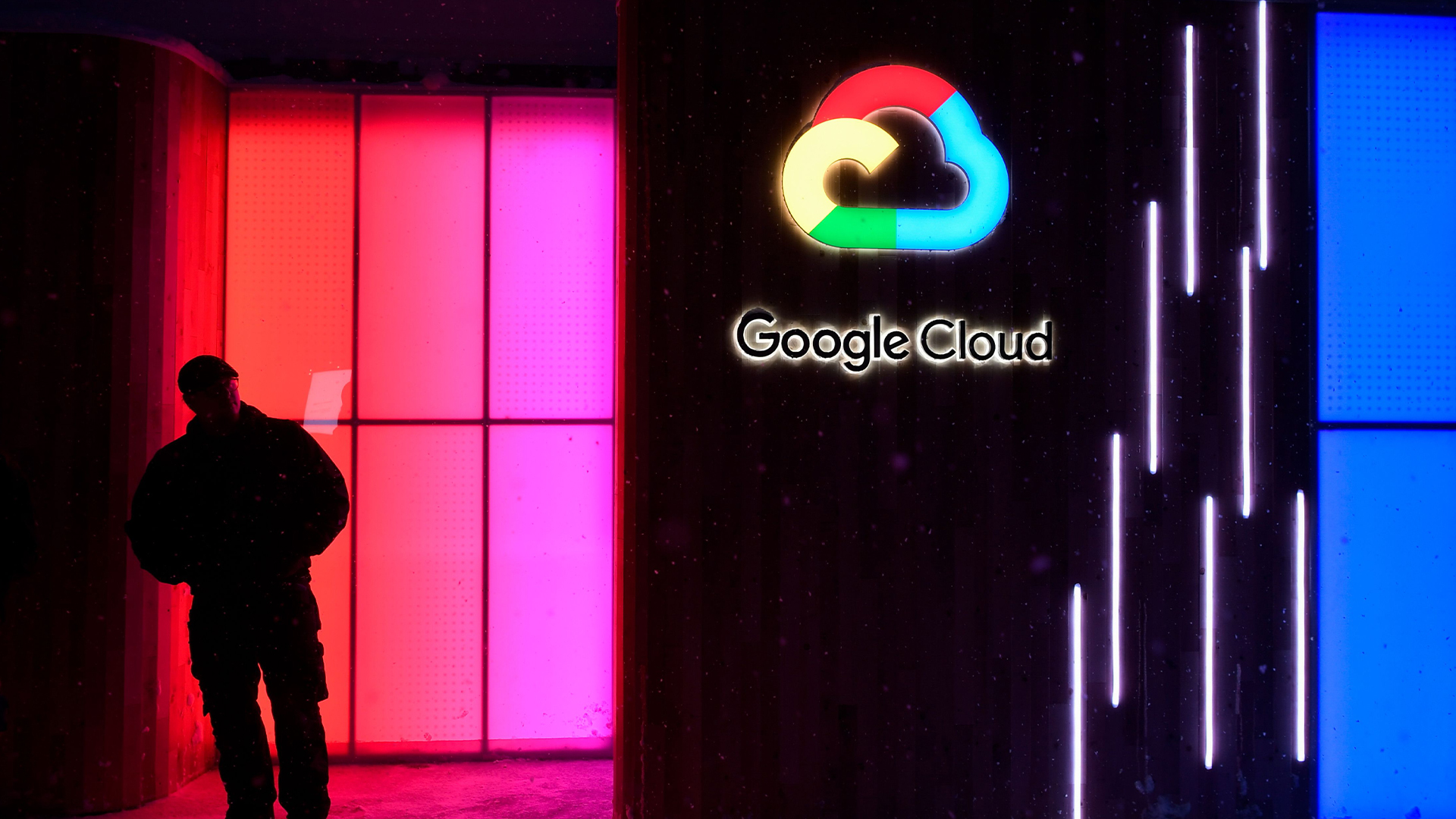

Google Cloud’s annual Next conference is just around the corner, taking place from 9 April to 11 April in Las Vegas. It comes at a pivotal time for Google, which has spent the past year arguing why customers should place their faith in the tech giant’s approach to generative AI.
There’s every indication that, even for Google, this year’s event will be hyper-focused on generative AI , with the firm likely to announce updates and expansions to its Gemini family of AI models and core product ranges, such as Google Workspace.
This year’s event will take place against a landscape that has rapidly evolved in the eight months since Google Cloud Next 2023.
Rivals such as Microsoft Azure and AWS have further developed their own cloud offerings, with in-house AI models and hardware acting as a lure to enterprise customers. The pressure is on for Google Cloud to clearly articulate its offerings and explain what will make it stand out in the coming year.
Here are three things to bear in mind ahead of Google Cloud Next 2024.
Google Workspace updates
One of the most common ways that workers across all sectors interact with Google Cloud products is via Google Workspace, the company’s cloud-native collaboration and productivity platform.
With Gemini for Workspace, formerly Duet AI, Google Cloud has already unveiled features such as ‘Help me write’ which drafts and refines text written in Google Docs and Gmail, or ‘Help me organize’ which suggests tables for Google Sheets and can fill in incomplete cells.
Get the ITPro daily newsletter
Sign up today and you will receive a free copy of our Future Focus 2025 report - the leading guidance on AI, cybersecurity and other IT challenges as per 700+ senior executives
At Google Cloud Next 2024, the firm is almost certainly going to announce new features that automate and streamline even more processes for users of the workplace productivity software.
One of Google’s great strengths is that its apps have been cloud-native and integrated for years, putting it in a great spot to roll out AI across its full range of applications.
Something to look out for when it comes to Workspace at Google Cloud Next 2024 is a ‘killer’ use case for generative AI. While Google Cloud and competitors such as Microsoft Azure have leaned on relatively cautious features such as text suggestions or summarization using AI models until now, there’s great potential for the technology to be used at a larger scale for more automation in the workplace.
Productivity improvements are one of the quickest routes to unlocking the business value of generative AI and Google Workspace is an excellent vehicle for this. This is a software suite ripe for AI innovation and one that Google Cloud can be confidently expected to dwell on throughout the event.
AI expansion across Google Cloud services
For its opening keynote, Google has gone for the rather vague title of ‘The new way to cloud’.
On paper, this could mean anything and one would expect that each year the conference intends to unveil new ways for customers to use the cloud. In this instance, however, it’s almost certainly an indication that Google is looking to use AI tools to set itself apart from competitors.
At Google Cloud Next 2023, Google CEO Sundar Pichai emphasized Google’s commitment to its “AI-first” approach, stating that it sees “making AI helpful for everyone” as a guiding principle for the next decade of its products.
Doubling down on this with AI products across its cloud platform that deliver tangible benefits for customers will be key at this year’s event.
RELATED WHITEPAPER

Google Cloud announced the general availability of Vertex AI Search at last year’s conference.
The Vertex AI Search platform allows users to search their structured and unstructured data and we can expect further expansions for Vertex AI at this year’s event. Many businesses still struggle with reaching the level of data maturity necessary to effectively leverage generative AI tools and data analytics, so efforts to assist with these challenges would be a welcome announcement.
This could come in the form of bespoke services to help firms manage their data, or with a more heavy-handed approach to AI-powered data management and search features along the lines of Vertex AI Search.
Gemini and in-house advancements
Google has had a bumpy landing with its Gemini family of AI models, having abruptly ditched the branding for its Bard chatbot less than a year after the ChatGPT competitor first launched.
Google Cloud Next will be an opportunity for the company to pull the brand back together and move on from the stops and starts of the past year, but this will mean setting out a clear vision of ‘Gemini’ as an umbrella term for AI assistants across the Google product portfolio.
With the right approach, Google Cloud can use the Gemini rebrand to show off its AI skills and give businesses a reason to forget about Bard altogether. Much in the same way that Microsoft has come to use ‘Copilot’ to refer to its family of in-platform AI tools, Google is set to pepper its platform with Gemini assistants and capabilities.
We’ve already seen examples of Gemini for Google Cloud being used for business benefit, with IT consultancy firm Cognizant having partnered with Google Cloud and adopted the tool to help its developers write and deploy code faster.
AI code generation is one of the clearest routes for deriving enterprise value from generative AI, and it would be surprising if Google Cloud didn’t lean into this more heavily throughout the event.
Google Cloud Next 2024 could be a watershed moment for the company. Having bet so heavily on AI for years but still fighting hard to stand out from competitors, the hyperscaler has an opportunity to set out a clear roadmap for its AI ambitions and explain why enterprises should be looking to go all-in on investment in its platform.

Rory Bathgate is Features and Multimedia Editor at ITPro, overseeing all in-depth content and case studies. He can also be found co-hosting the ITPro Podcast with Jane McCallion, swapping a keyboard for a microphone to discuss the latest learnings with thought leaders from across the tech sector.
In his free time, Rory enjoys photography, video editing, and good science fiction. After graduating from the University of Kent with a BA in English and American Literature, Rory undertook an MA in Eighteenth-Century Studies at King’s College London. He joined ITPro in 2022 as a graduate, following four years in student journalism. You can contact Rory at rory.bathgate@futurenet.com or on LinkedIn.
-
 Bigger salaries, more burnout: Is the CISO role in crisis?
Bigger salaries, more burnout: Is the CISO role in crisis?In-depth CISOs are more stressed than ever before – but why is this and what can be done?
By Kate O'Flaherty Published
-
 Cheap cyber crime kits can be bought on the dark web for less than $25
Cheap cyber crime kits can be bought on the dark web for less than $25News Research from NordVPN shows phishing kits are now widely available on the dark web and via messaging apps like Telegram, and are often selling for less than $25.
By Emma Woollacott Published
-
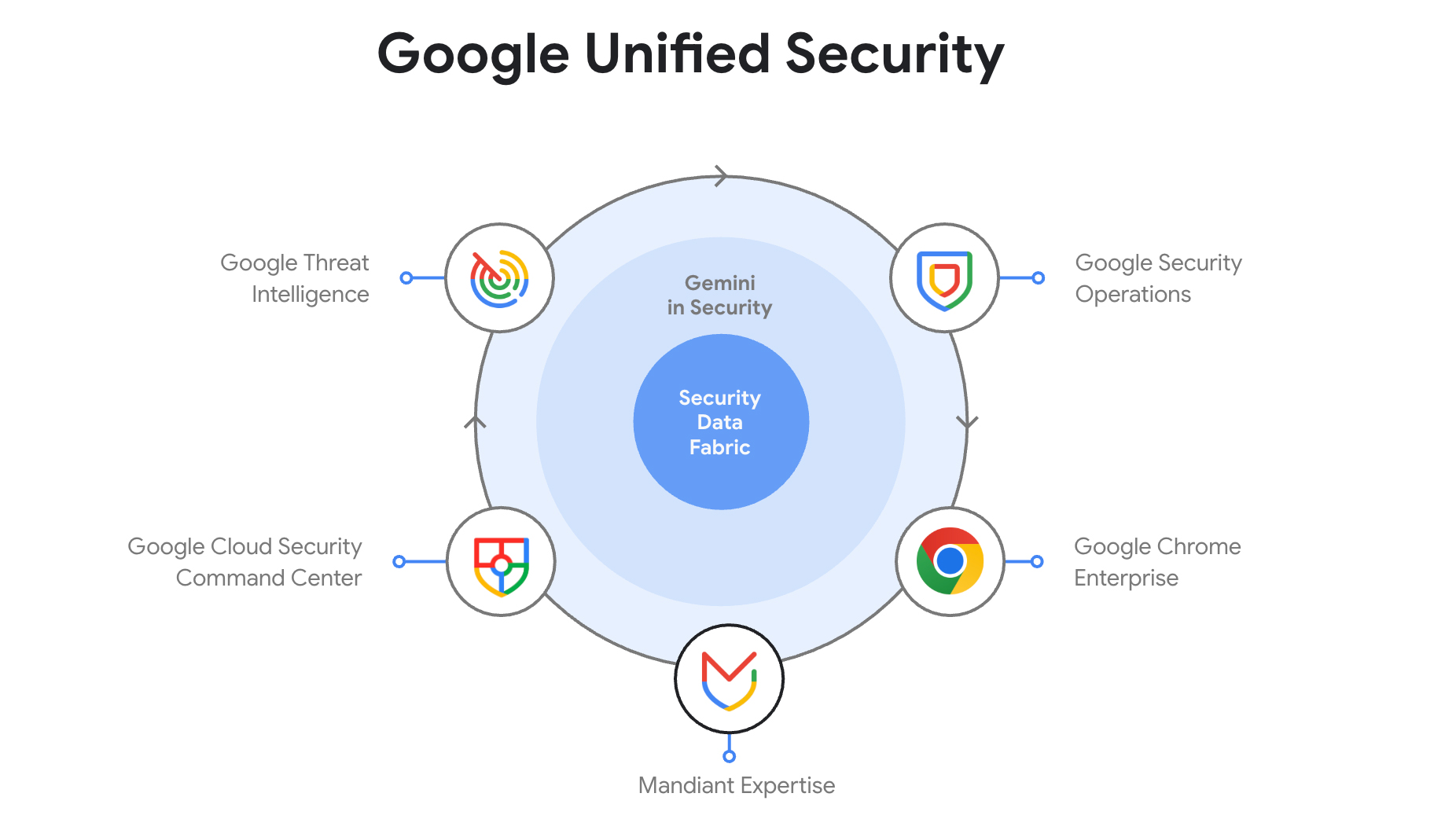 Google Cloud wants to tackle cyber complexity – here's how it plans to do it
Google Cloud wants to tackle cyber complexity – here's how it plans to do itNews Google Unified Security will combine all the security services under Google’s umbrella in one combined cloud platform
By Rory Bathgate Published
-
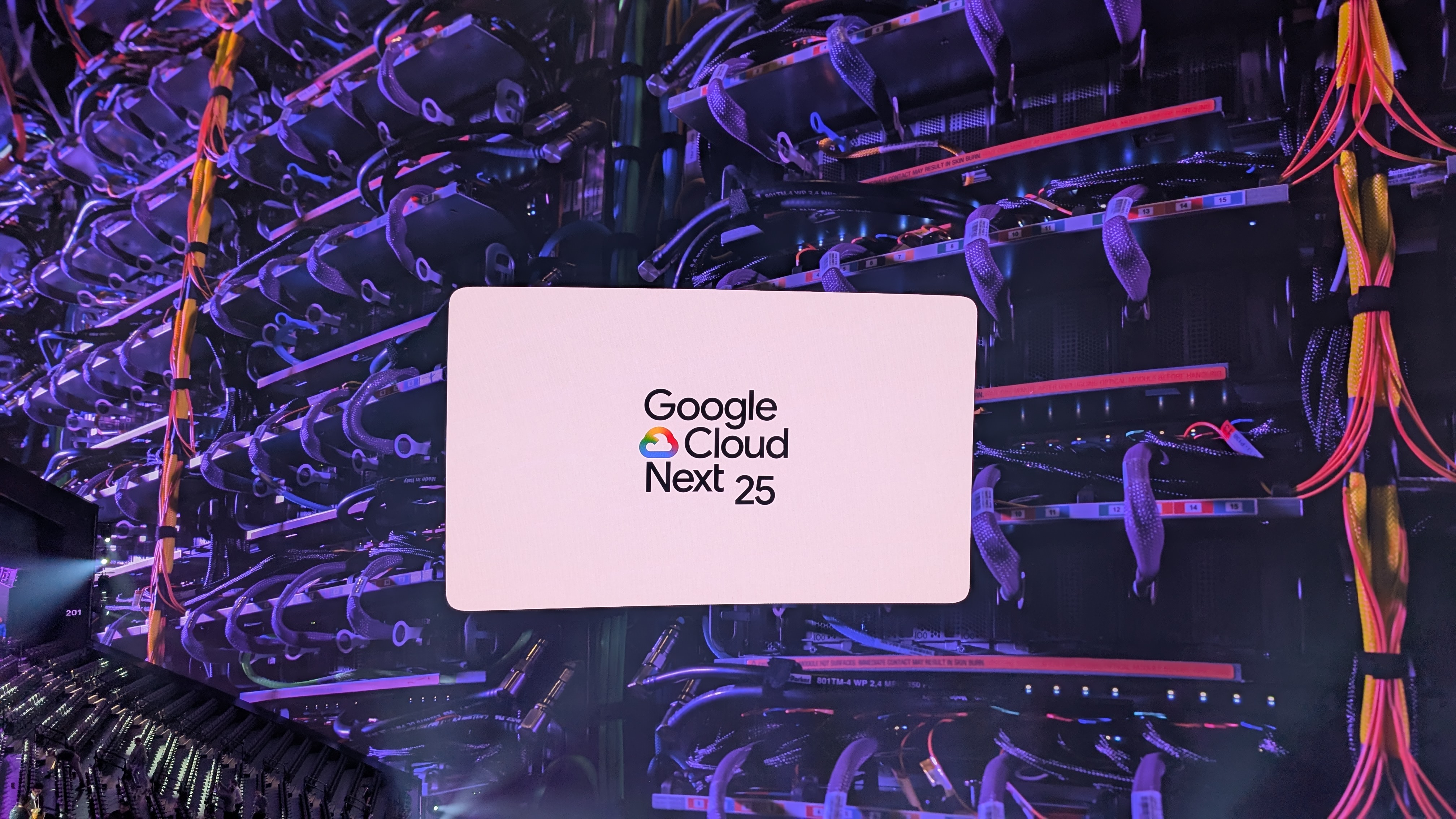 Google Cloud Next 2025: All the live updates as they happened
Google Cloud Next 2025: All the live updates as they happenedLive Blog Google Cloud Next 2025 is officially over – here's everything that was announced and shown off in Las Vegas
By Rory Bathgate Last updated
-
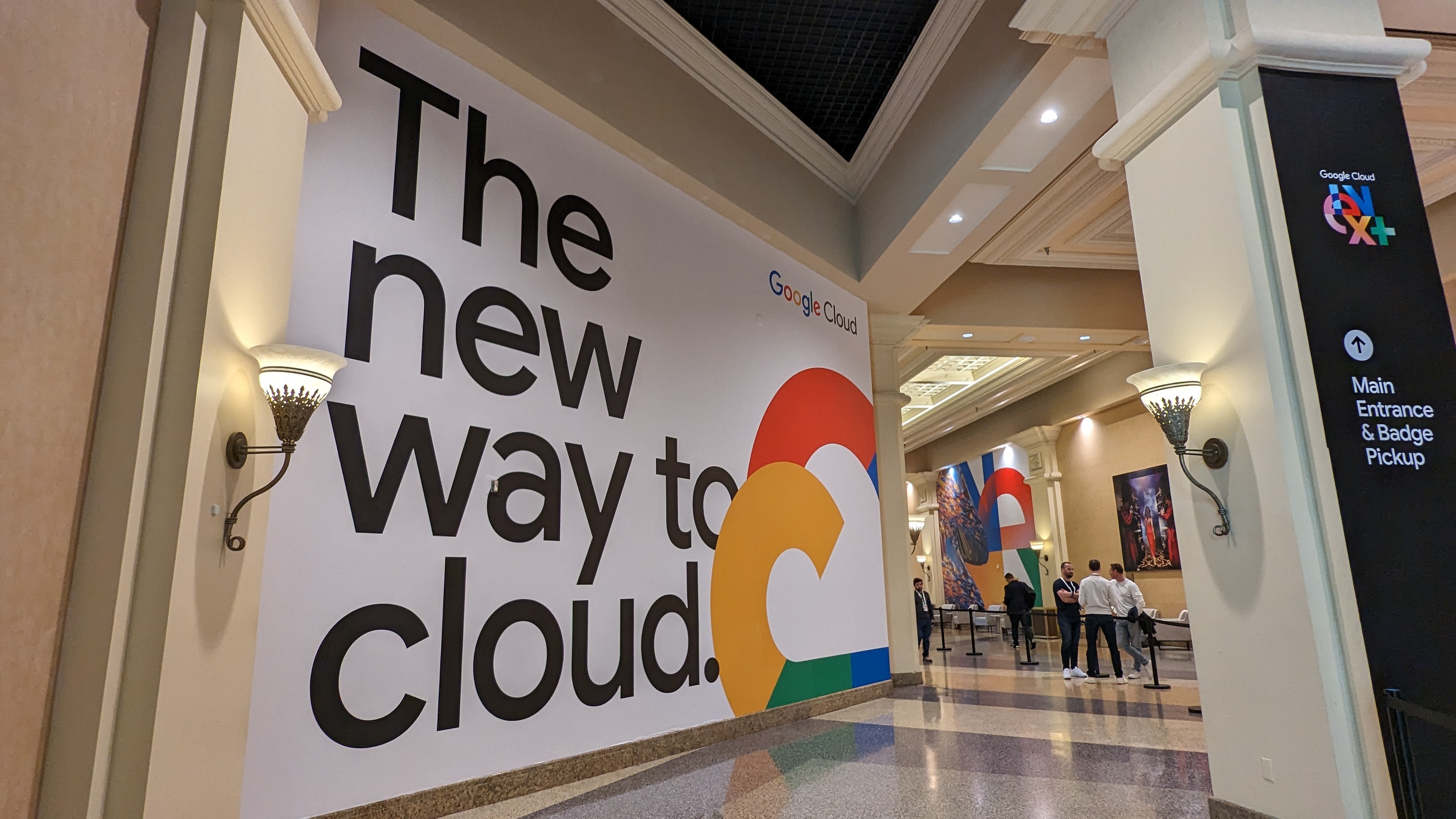 Google Cloud Next 2025 is the hyperscaler’s chance to sell itself as the all-in-one AI platform for enterprises
Google Cloud Next 2025 is the hyperscaler’s chance to sell itself as the all-in-one AI platform for enterprisesAnalysis With a focus on the benefits of a unified approach to AI in the cloud, the ‘AI first’ cloud giant can build on last year’s successes
By Rory Bathgate Published
-
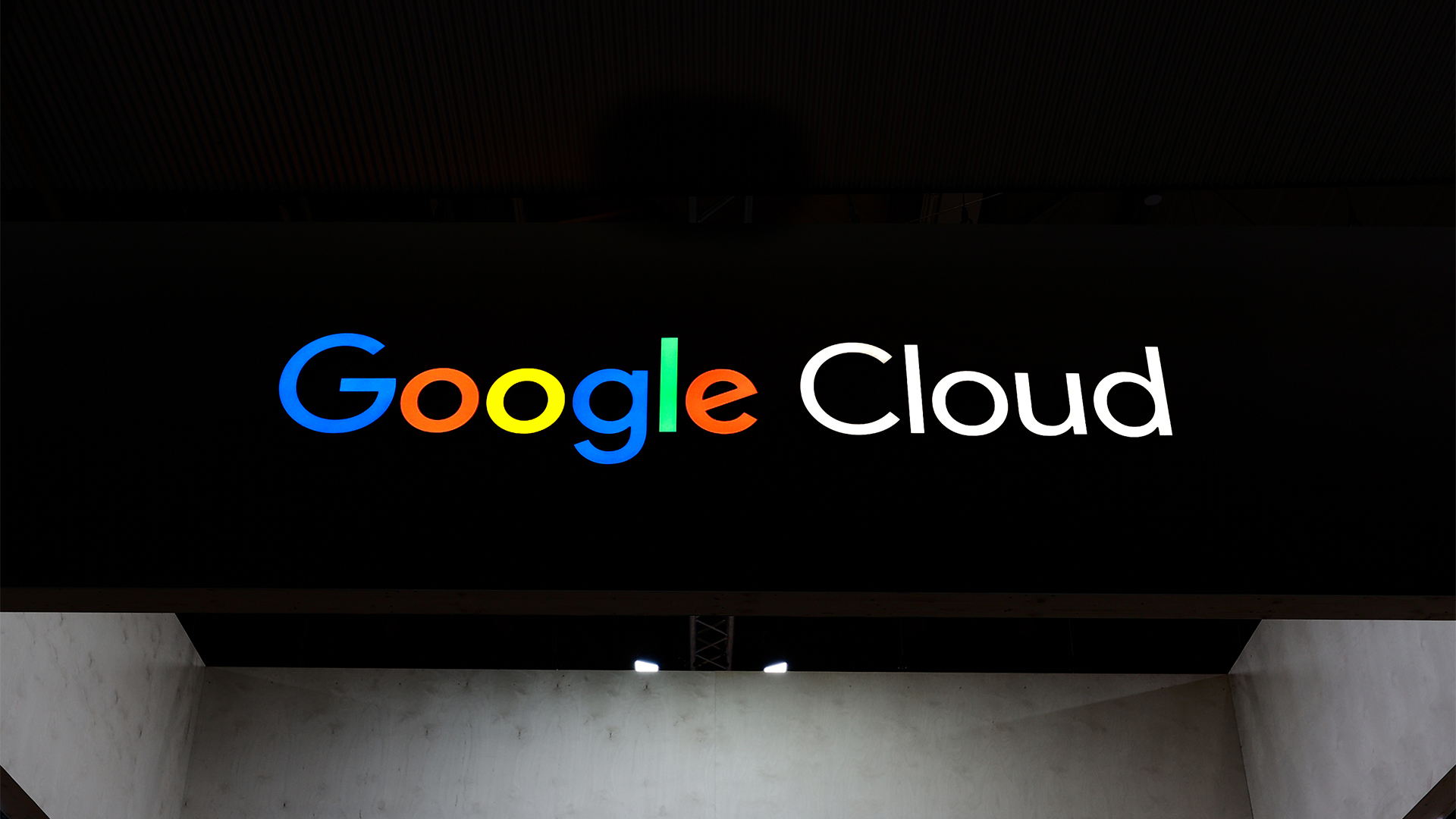 The Wiz acquisition stakes Google's claim as the go-to hyperscaler for cloud security – now it’s up to AWS and industry vendors to react
The Wiz acquisition stakes Google's claim as the go-to hyperscaler for cloud security – now it’s up to AWS and industry vendors to reactAnalysis The Wiz acquisition could have monumental implications for the cloud security sector, with Google raising the stakes for competitors and industry vendors.
By Ross Kelly Published
-
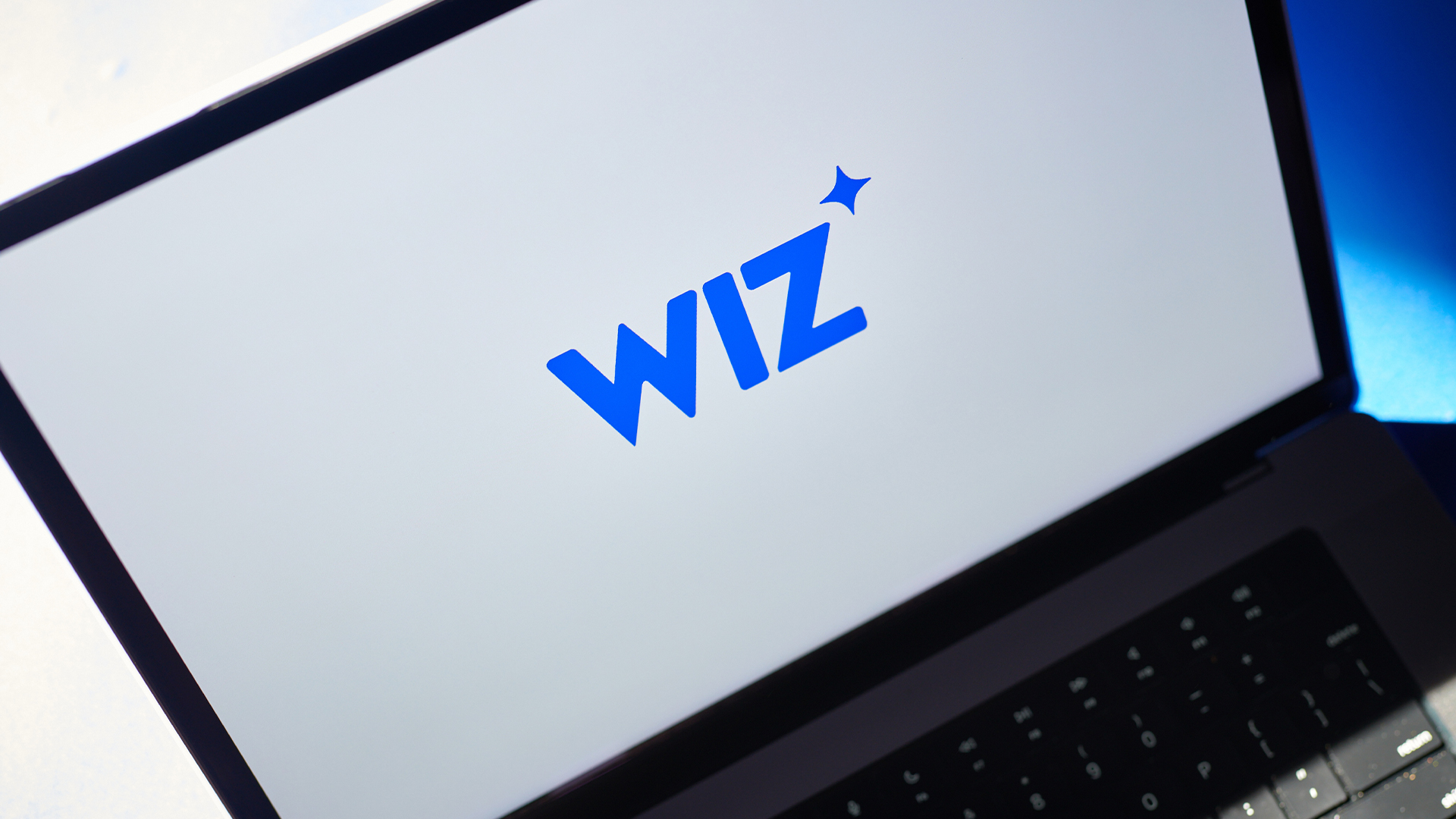 Google confirms Wiz acquisition in record-breaking $32 billion deal
Google confirms Wiz acquisition in record-breaking $32 billion dealNews Google has confirmed plans to acquire cloud security firm Wiz in a deal worth $32 billion.
By Nicole Kobie Published
-
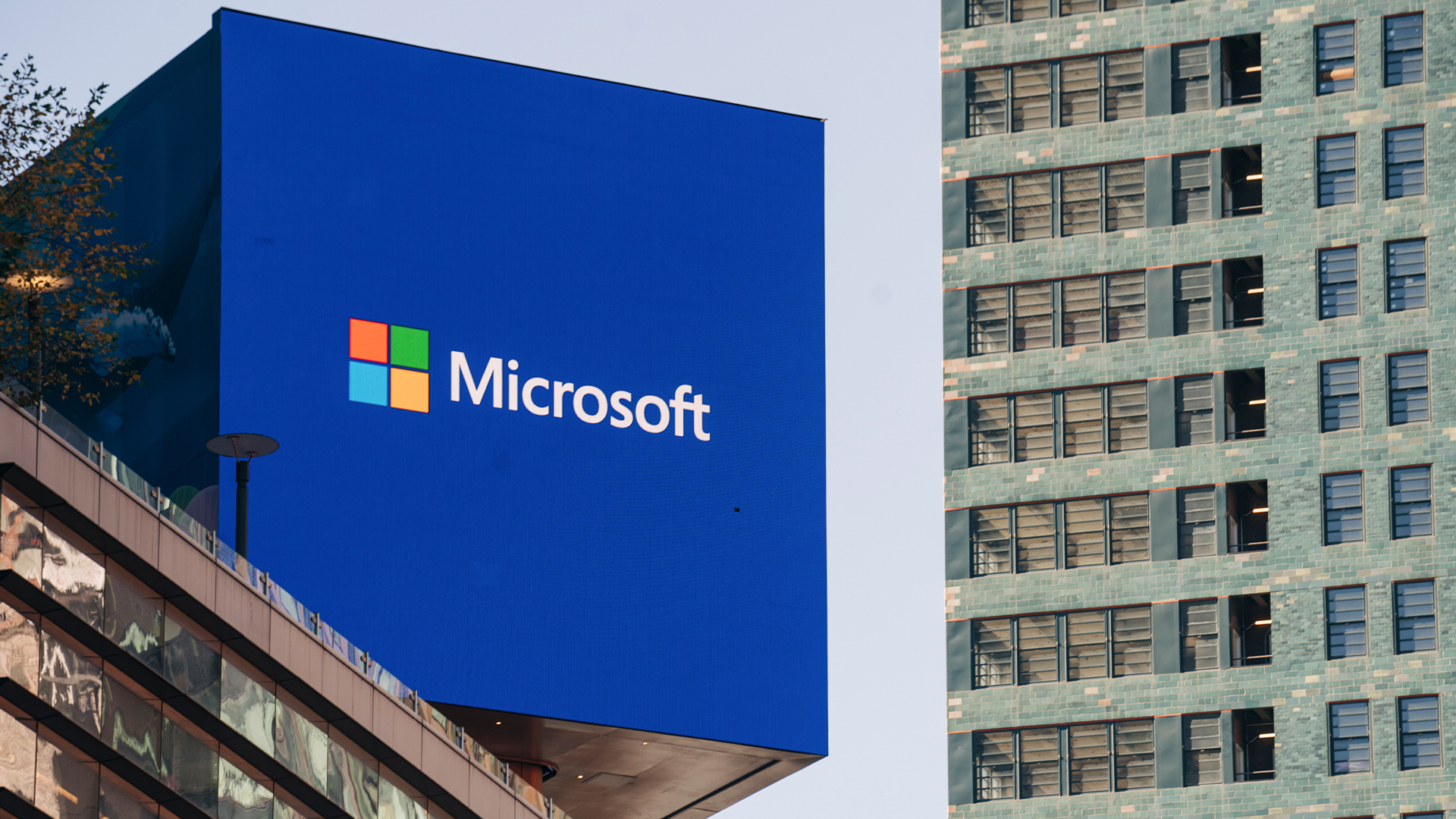 Microsoft hit with £1 billion lawsuit over claims it’s “punishing UK businesses” for using competitor cloud services
Microsoft hit with £1 billion lawsuit over claims it’s “punishing UK businesses” for using competitor cloud servicesNews Customers using rival cloud services are paying too much for Windows Server, the complaint alleges
By Emma Woollacott Published
-
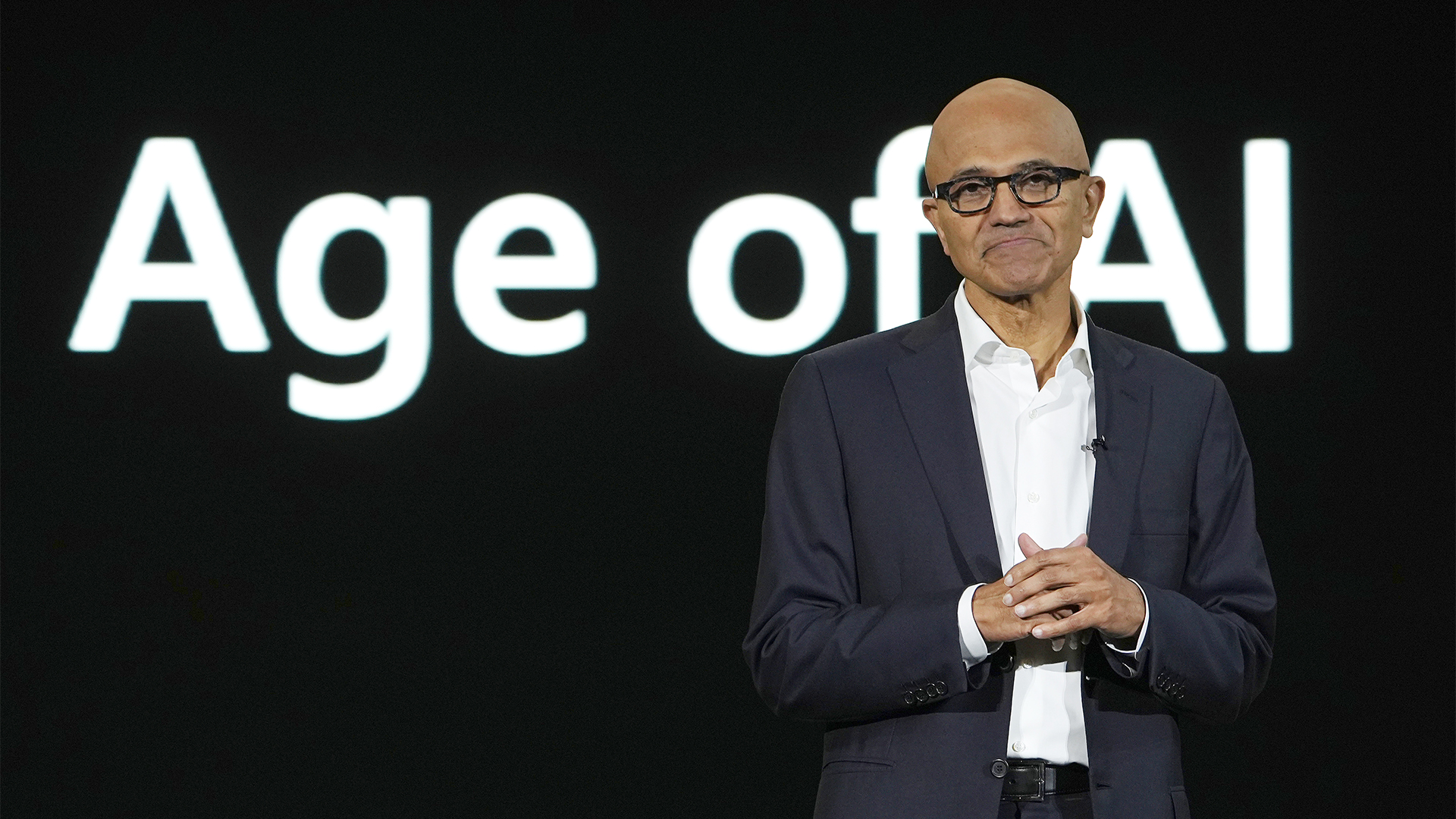 Microsoft's Azure growth isn't cause for concern, analysts say
Microsoft's Azure growth isn't cause for concern, analysts sayAnalysis Azure growth has slowed slightly, but Microsoft faces bigger problems with expanding infrastructure
By George Fitzmaurice Published
-
 The Open Cloud Coalition wants to promote a more competitive European cloud market – but is there more to the group than meets the eye?
The Open Cloud Coalition wants to promote a more competitive European cloud market – but is there more to the group than meets the eye?Analysis The launch of the Open Cloud Coalition is the latest blow in a war of words between Microsoft and Google over European cloud
By Nicole Kobie Published